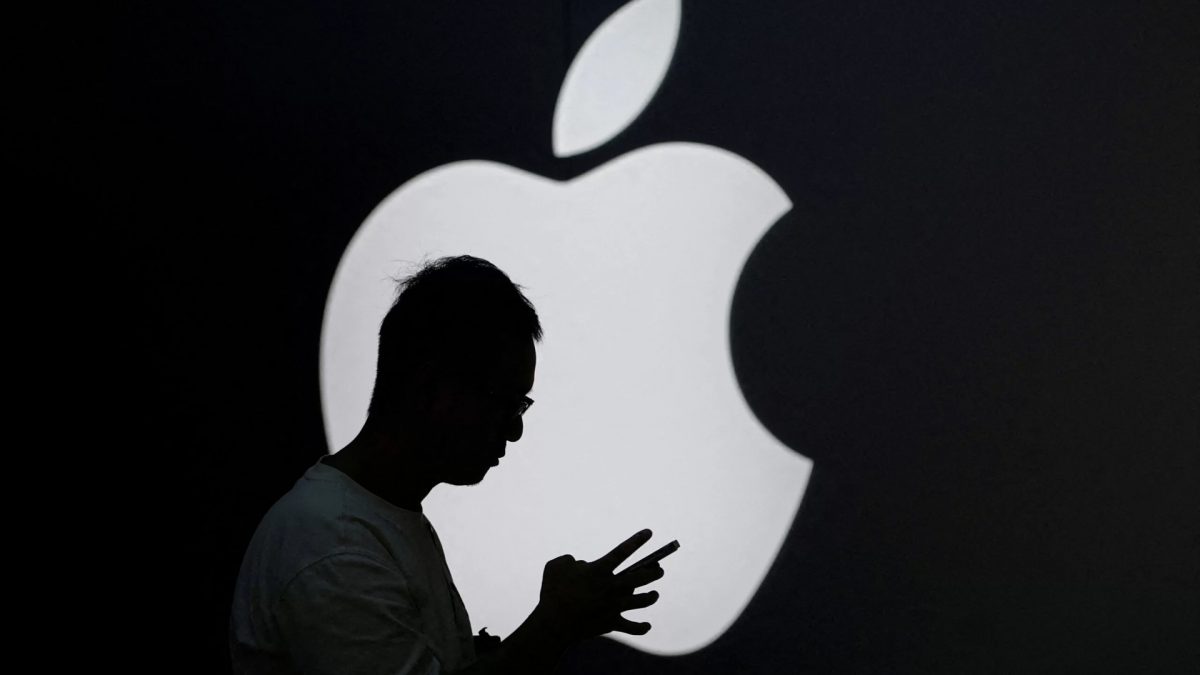Apple is in hot water yet again, this time facing a significant legal claim in the UK over accusations that it has locked millions of British customers into its iCloud service while charging them sky-high prices.
A consumer advocacy group called Which is spearheading the lawsuit, arguing that Apple has effectively forced around 40 million customers to pay what it calls “rip-off prices” for digital storage.
If successful, the case could see Apple having to fork out £3 billion in compensation, which would mean roughly £70 per affected customer.
Apple has brushed off the accusations, denying any anti-competitive practices. The company insists that iCloud is not mandatory and that plenty of users rely on third-party storage options. Apple also stated that it works hard to make data transfers straightforward and secure for its customers.
Still, the lawsuit adds fuel to the growing scrutiny of tech giants accused of leveraging their dominant market positions to the detriment of consumers.
Toby Starr from the legal firm Humphries Kerstetter highlighted to the BBC that this case represents part of a wider trend. Big Tech companies like Facebook, Google, and even gaming platforms like Steam are facing legal challenges in the same Competition Appeal Tribunal, with a wave of these cases expected to yield significant outcomes in the coming years.
He explained that even though such claims take time, they could start having a tangible impact on the operations and finances of major tech players.
Cost of cloud storage
Apple’s iCloud service has become a cornerstone for users looking to back up important data, from photos and videos to messages and contacts. While the company offers a small amount of free storage, users who require more must pay.
Impact Shorts
More ShortsPricing ranges from a manageable £0.99 per month for 50GB to a hefty £54.99 per month for 12TB of storage. Critics argue that Apple’s reluctance to allow full access to rival cloud storage providers under the guise of security boosts the company’s revenues but limits consumer choice.
Which? claims that Apple’s practices have effectively locked customers into using iCloud over the past nine years, dating back to 2015, all while overcharging them for the service. Anabel Hoult, the chief executive of Which?, said the legal action aims to hold Apple accountable and ensure consumers are compensated. She hopes this will deter similar behaviour and promote a more competitive market.
Apple, however, is sticking to its guns, vowing to fight back vigorously. In a statement, the tech giant firmly denied any wrongdoing and reiterated its commitment to defending against claims it views as baseless.
Legal implications and a broader investigation
The lawsuit is being supported and funded by the international law firm Willkie Farr & Gallagher, which stands to receive fees as the case advances, but not a percentage of any damages. According to legal experts, this lawsuit could pave the way for similar claims.
Alan Davis from Pinsent Masons pointed out that the prospect of high aggregate damages makes these cases appealing to litigation funders, who often enable claims that might otherwise be too expensive to pursue.
While Apple has not yet faced infringement findings under EU or UK competition law, the onus will be on the claimant to prove that the alleged market abuse occurred.
Meanwhile, regulators have announced a broader investigation into cloud services in the UK, which could add pressure to Apple and other tech companies in the near future.
With the case unfolding, all eyes will be on whether this legal challenge leads to a significant payout or forces Apple to rethink its iCloud pricing strategy in the UK.


)

)
)
)
)
)
)
)
)



